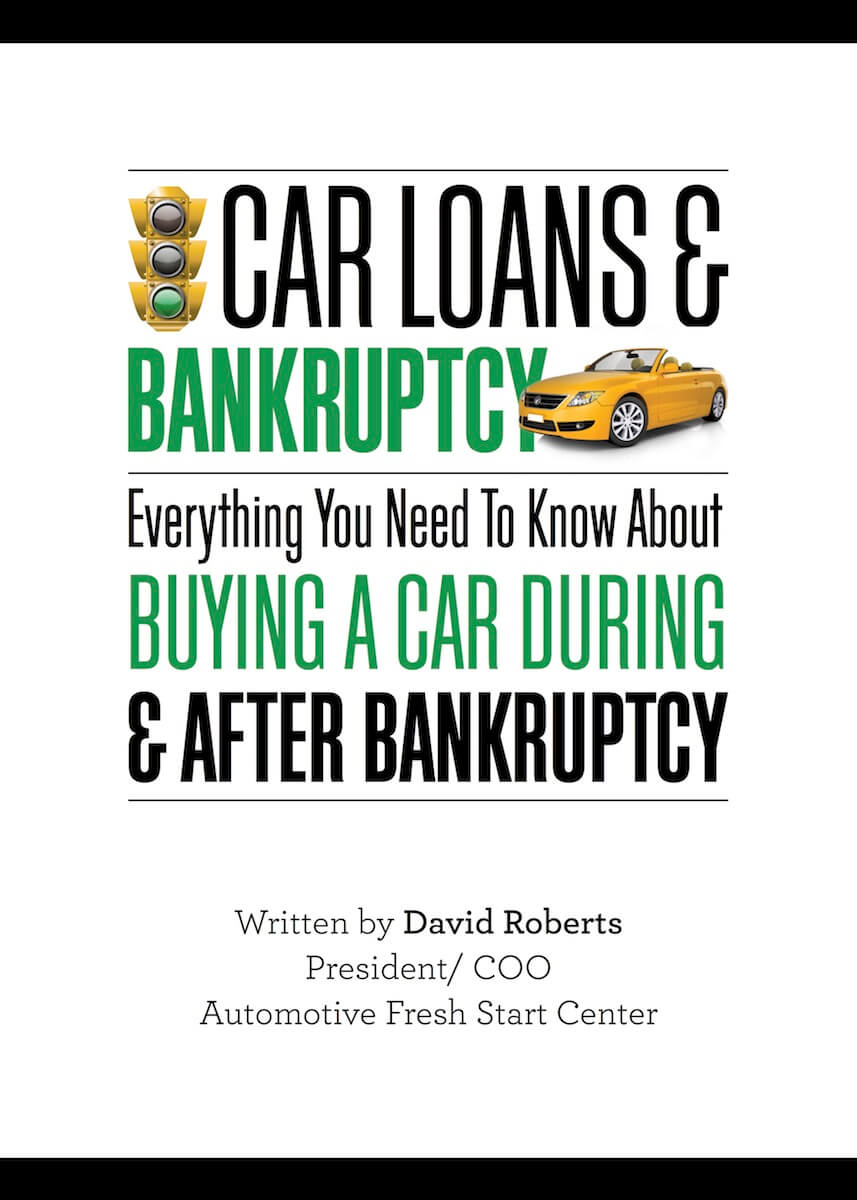INDIVIDUAL CHAPTER 11 CASE V. CHAPTER 13 CASE
Part of every bankruptcy attorney’s job is the proper choice of which Chapter to recommend to a client when the filing of a Bankruptcy case is needed. The Client needs all the information they can get to make an appropriate decision as to whether to file a case and under which Chapter.
The individual Chapter 11 has been an option for several years due to the real estate slump and other concerns. But, what are the differences between the individual Chapter 11 and a Chapter 13 case?
CHAPTER 13 IS NOT FOR EVERYONE
There are many reasons why a Chapter 11 case may be preferable to a Chapter 13 case. Debt limit restrictions, liquidation issues which can’t be cured in the 5 year Chapter 13 period, lack of regular income or lack of ability to cure a mortgage arrearage within the 5 years of the Chapter 13. Some qualify for Chapter 13, but aren’t eligible for discharge because of a prior discharge.
For these clients and others, an individual Chapter 11 case may be the answer. Some of the possible advantages of an individual Chapter 11 over a Chapter 13 case include:
- No Chapter 13 debt limits to prevent filing a reorganization
- No means test – income and expenses are calculated as a normal monthly budget
- No unsecured plan payments until the Plan is confirmed, often 6-12 months after filing
- Greater flexibility in structuring mortgage and unsecured debt under the Plan
- No limit on Plan length—reasonable to creditors is standard used by Judges to approve length
- Relaxed income requirements to allow for infrequent payments or payments upon a sale
- No requirement that the debtor make periodic payments
- No 910 day restriction on motor vehicle loan strip-downs
- No Trustee fees once case is administratively closed – usually about 12 months after filing
- The ability to restructure non-residential property loans over a new amortization period and interest rate
One of the biggest advantages of an individual Chapter 11 case is the flexibility in addressing mortgage debt on homestead property. Chapter 11 provides an opportunity to restructure homestead mortgage debt in a much more manageable way. Being able to structure a repayment plan for arrears over longer than five years makes it possible for debtors who could not afford the high Chapter 13 Plan payment to save their homes. Additionally, the mortgage mediation program is available for Chapter 11 debtors to attempt to modify the homestead under the HAMP or other modification program.
CHAPTER 11 DIFFERENCES
One of the biggest differences is the average fee associated with a Chapter 11 case—it’s a lot higher than a typical Chapter 13 fee due to the increased workload in a typical Chapter 11 case. The increased expense may put Chapter 11 out of reach for some debtors.
Other differences include:
- Both creditors and the court must approve the Plan— There is no way of ensuring that you have enough votes from the appropriate classes to confirm the Plan;
- Separate “debtor-in-possession” bank accounts are required, and the client must file monthly reports with the U.S. Trustee;
- There is no “Chapter 11 Trustee,” and the U.S. Trustee takes a much less active role in the case, putting nearly all of the burden for moving the case forward on the debtor’s attorney;
- No absolute right to dismiss like in Chapter 13 – generally case is converted to a Chapter 7 and Trustee liquidates non-exempt property;
- No co-debtor stay in a Chapter 11 case; and
- Adequate protection payments must be made if a creditor so requests.
CONCLUSION
Chapter 11 is a complicated and expensive process. It requires the right client who is willing to put in the work required and the right attorney to see the case through to confirmation. But, when used effectively, it can provide the means to save assets and relieve debt burdens that may otherwise not be eligible for Chapter 13 relief.
At Mickler & Mickler, we attend Court and see the bankruptcy trustees and judges in action several times a week. We have the experience to guide you to the right decision about whether to file a case, and if so, what Chapter to file.
Please contact Mickler & Mickler at 904.725.0822 or bkmickler@planlaw.com. We will be happy to set you up a free appointment to discuss your situation and potential solutions.
Bryan Mickler
